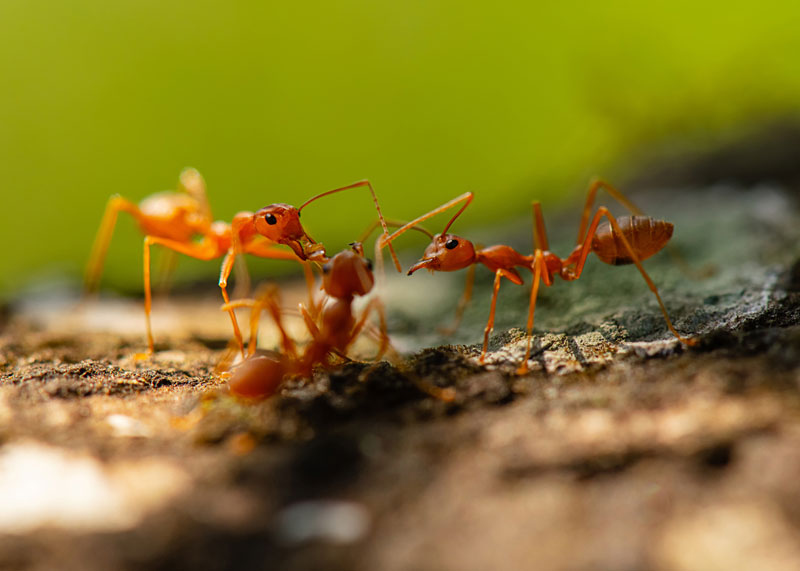The School of Life Sciences is leading the future of innovation through a culture of collaborative research and connected education. With access to cutting-edge faculty labs and interdisciplinary centers and institutes we are empowering a new generation of leaders and pushing the boundaries of scientific inquiry in the life sciences. We give our students the resources and training they need to change lives.
Centers

ASU-Banner Neurodegenerative Disease Research Center

Biodiversity Knowledge Integration Center

Center for Applied Structural Discovery

Center for Bio-mediated and Bio-inspired Geotechnics

Center for Biodiversity Outcomes

Center for Bioenergy and Photosynthesis

Center for Bioenergy and Photosynthesis

Center for Biology and Society

Center for Evolution and Medicine

Center for Fundamental and Applied Microbiomics

Center for Social Dynamics and Complexity

Global Drylands Center

Lincoln Center for Applied Ethics

Center for Mechanisms of Evolution

Research for Inclusive STEM Education Center

Swette Center for Environmental Biotechnology

Urban Climate Research Center

Virginia G. Piper Center for Personalized Diagnostics
